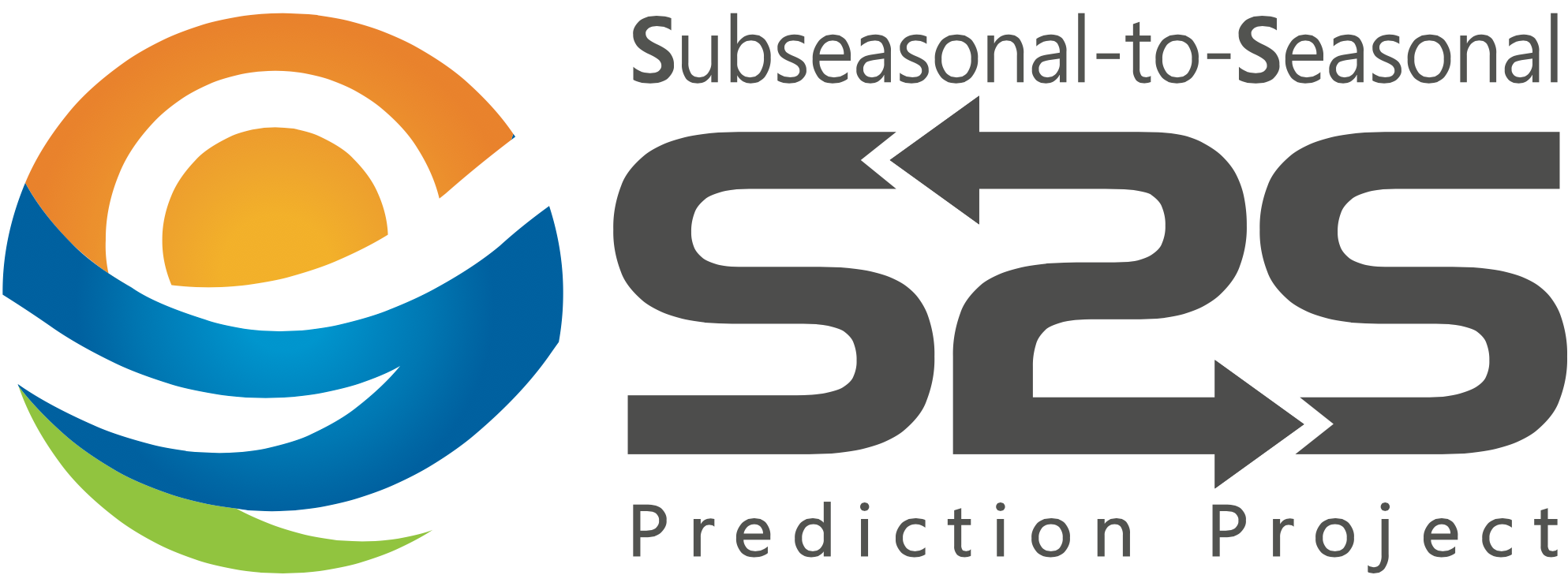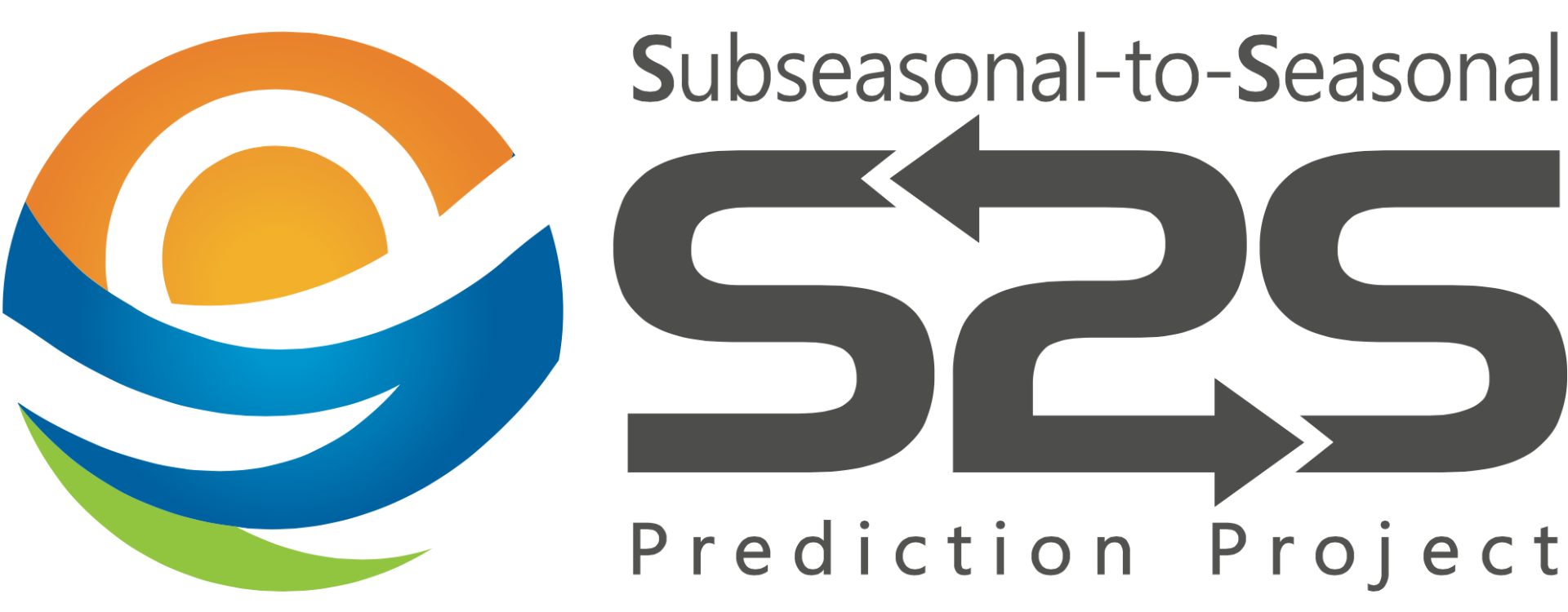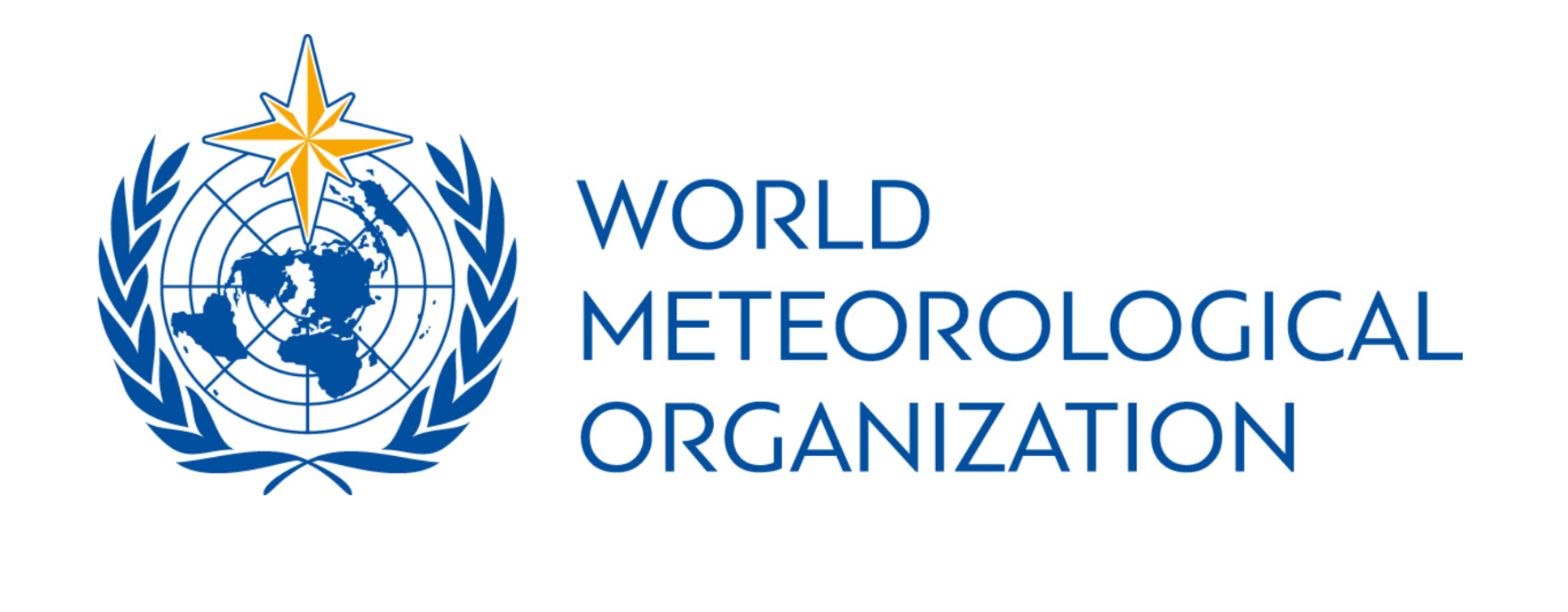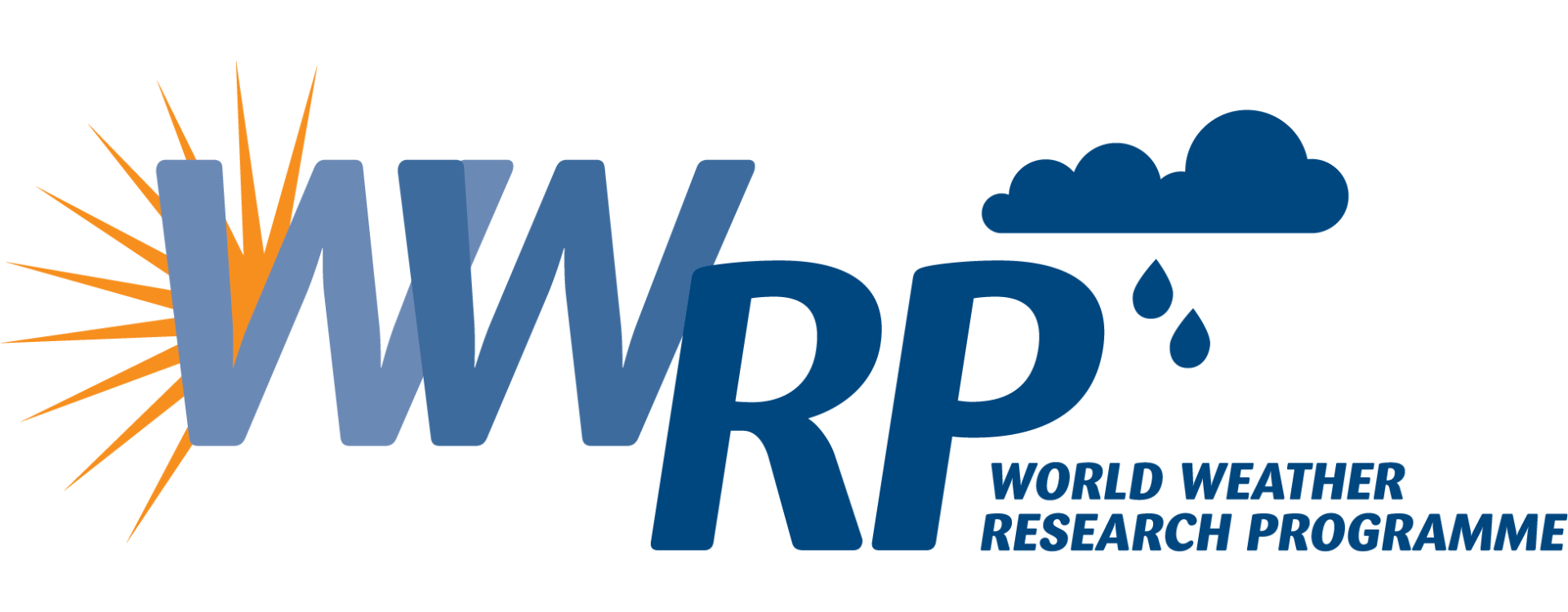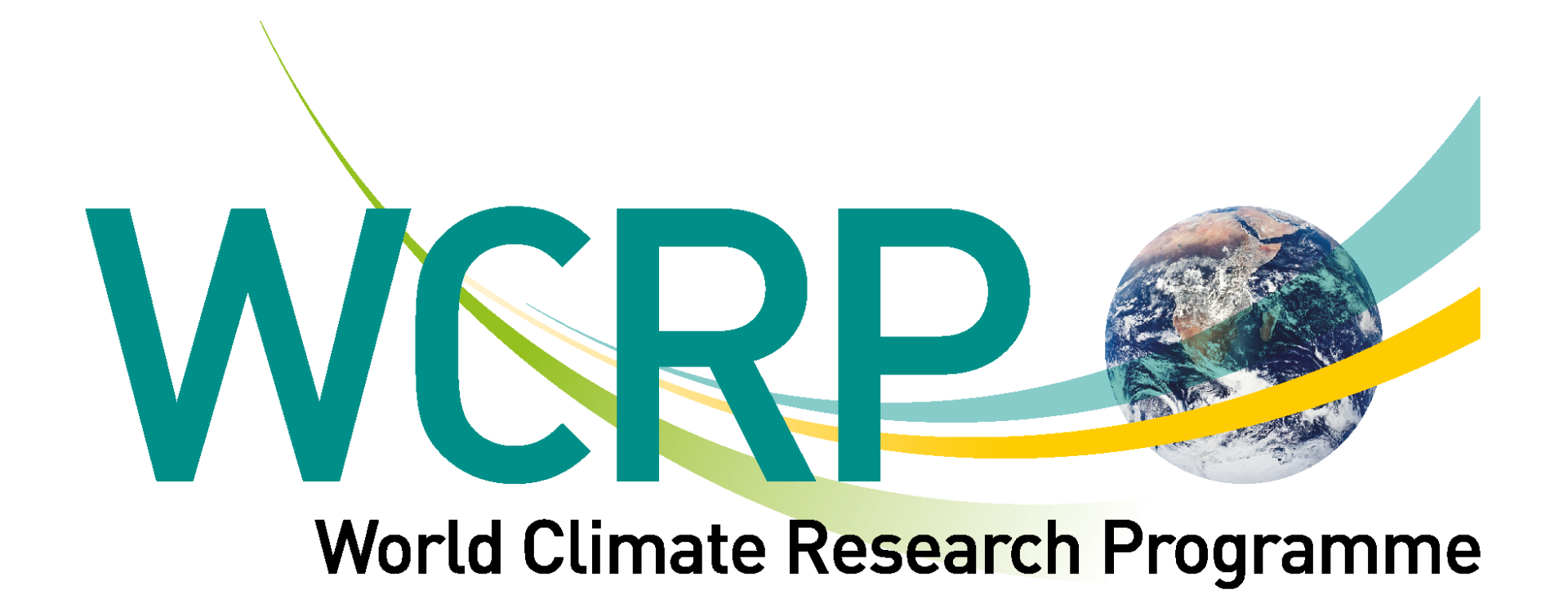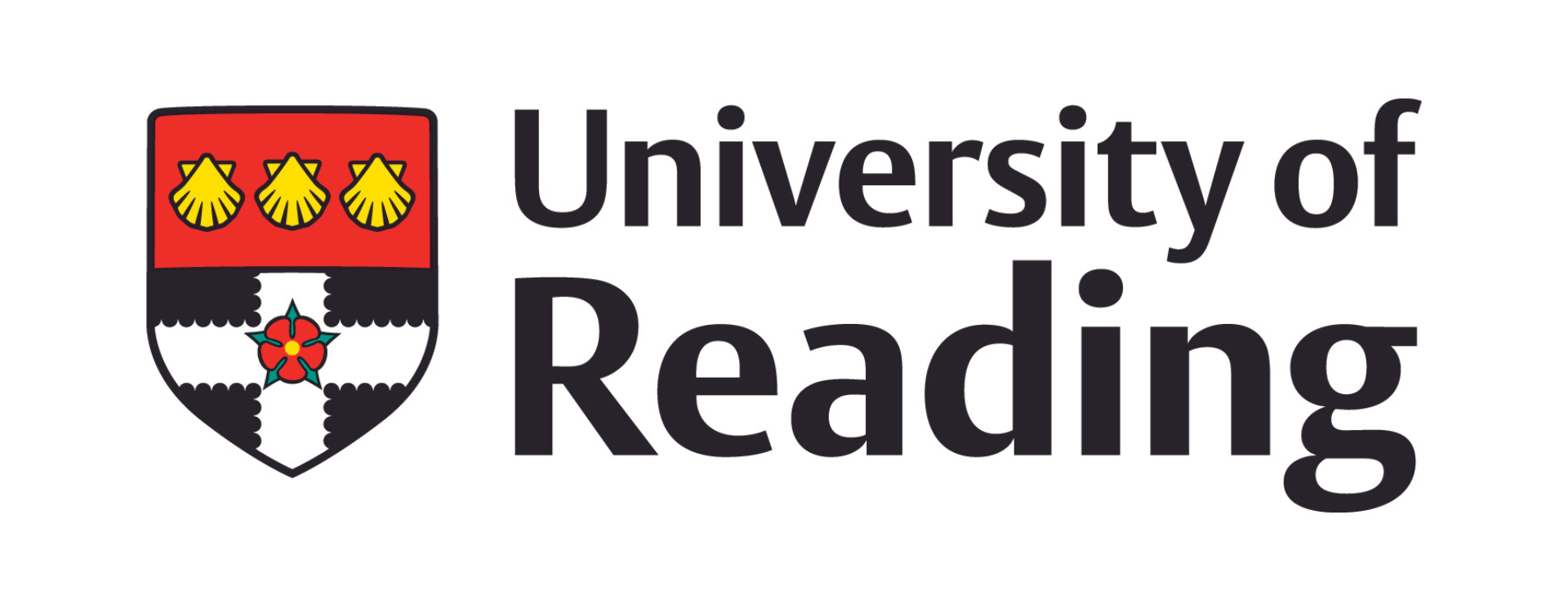Abstract ID: 124
Impact of Users’ Feedback on Weather Forecast Evaluation in Ghana, West Africa
Lead Author: Maureen Abla Ahiataku
Ghana Meteorological Agency, Ghana
Keywords: Forecast Evaluation, User Feedback, Dissemination, Rainfall, Citizen Science
Abstract: Evaluation of issued weather forecasts is essential for ensuring user trust is maintained and, where possible, advanced. A major way to evaluate issued forecasts is by real-time, in situ data collection, which enables co-benefits for both forecast producers and users in terms of: (i) active participation of users in the local evaluation of the skill of forecast models and, (ii) expanding on the available resources for advancing operational forecasting. In most of West Africa, including Ghana, there are limited weather stations for recording meteorological data, so the obvious alternative is engaging users in a ‘citizen science’ method of data collection. Ghana has seen an increase in demand for timely and accurate weather/climate services as most users raise concerns about the untimely nature of forecast communication, with accompanying limited access and practical advice on likely impacts or required actions. Communication gaps in weather and climate service delivery have been identified as a key challenge to the operation of the Ghana Meteorological Agency. The growing trend in the use of social media was thus leveraged to communicate weather forecasts and warnings to public users’ through WhatsApp platforms, Facebook, Twitter, YouTube, and Telegram, to aid early warning systems for disaster risk reduction. This study assesses users’ feedback from five different WhatsApp platforms on three rainfall events that occurred on the 10th, 28th, and 30th of May 2020 across Ghana for forecast evaluation. This evaluation has been performed in tandem with both user feedback and the available rain gauge network. In areas where there are no gauges to obtain rainfall information on the event’s occurrence, distribution, and intensity, this feedback helped in evaluating the skill of the forecast models. This forms a basis for the collaborative improvement of forecast models, with users appreciating their respective contributions. The users’ feedback conforms with most areas that experienced the rainfall events and this approach increases users’ level of confidence and trust in issued forecasts.
Co-authors:
Jeffrey N. A. Aryee (Meteorology and Climate Science Programme, Department of Physics, Kwame Nkrumah University of Science and Technology, Kumasi, Ghana)
Samuel O. Ansah (Ghana Meteorological Agency, Accra, Ghana)
Bashiru Yahaya (Ghana Meteorological Agency, Accra, Ghana)
Fredrick Otu-Larbi (Ghana Meteorological Agency, Accra, Ghana)
Andy Dougill (School of Earth Science and Environment, Sustainability Research Institute, University of Leeds, Leeds, United Kingdom)
Andrea Taylor (Leeds University Business School, University of Leeds, Leeds, United Kingdom)
Emma Visman (Centre for Ecology and Hydrology, King’s College London, London, England)
Thorwald Stein (Department of Meteorology, University of Reading, Reading, United Kingdom)
Philip Antwi-Adjei (Department of Environmental Science, College of Science, Kwame Nkrumah University of Science and Technology, Kumasi, Ghana)
